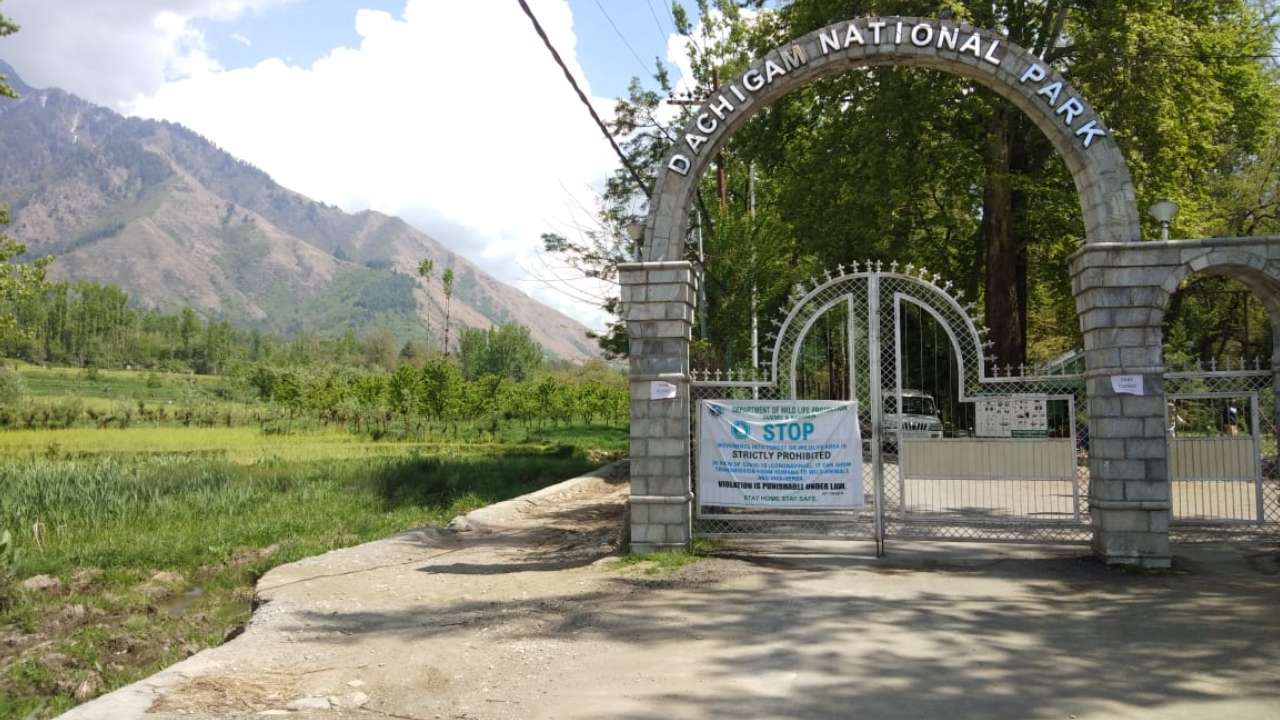
The Dachigam National Park is located on the outskirts of Srinagar, in Kashmir, and it covers a large area of the Himalayan Mountains. The park is one of the most biodiverse regions in India with many rare and endangered species.
In this blog post, we'll take a closer look at what animals are found in Dachigam National Park, how much you should expect to pay for an entrance ticket, why visitors might want to visit this region, and who established the park.
Dachigam National Park is home to a variety of animals, including the Asiatic black bear, brown bear, leopard, Himalayan musk deer, red fox, lynx, Tibetan wolf, and river otter.
Yes, Dachigam is definitely worth visiting! The national park is home to a variety of wildlife, including the endangered snow leopard. Visitors can also enjoy stunning views of the Himalayan mountains.
The Dachigam was established in 1910 by the Maharaja of Jammu and Kashmir. It covers an area of 141 square kilometers and is home to a variety of wildlife, including the endangered Kashmir stag, also known as the hangul. The park is located in the western Himalayan mountain range and is a popular tourist destination for its scenic views and wildlife.
Permission to enter the park is required from the Divisional Forest Officer (DFO) in Srinagar. The DFO office is located at Rajbagh, near Dal Lake. Permits can also be obtained from the Wildlife Warden in Gulmarg.
If you're planning a trip to Dachigam, be sure to budget for the entry fee. The park charges a nominal fee for entry, which goes towards maintenance and upkeep. Once inside, there are plenty of activities to keep you busy, from wildlife spotting to hiking and picnicking.
Dachigam National Park is open from April to October, and the best time to visit is between June and September. The park is closed during the winter months.